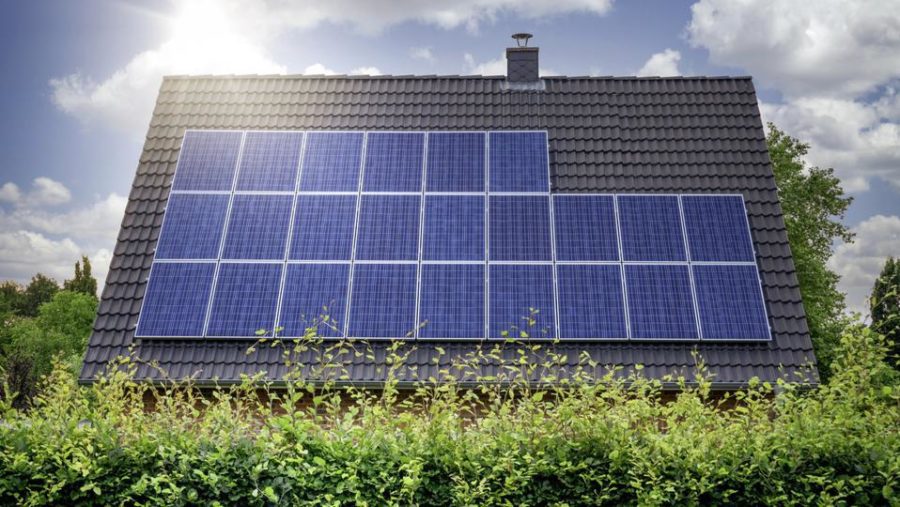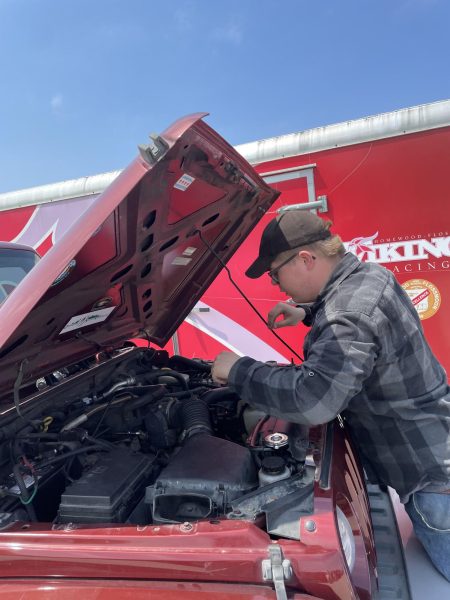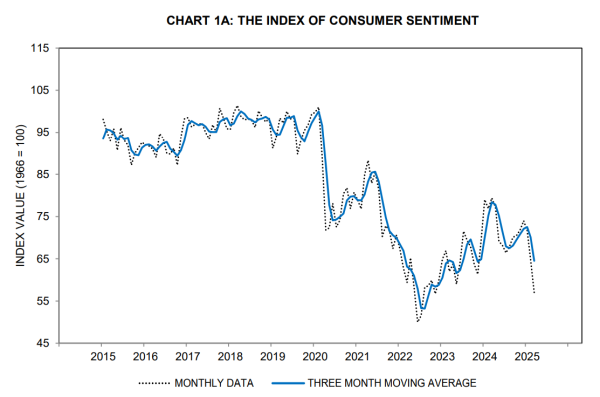Teachers making their lives greener
In 2021 renewable energy accounted for 11% of Illinois power consumption according to Environmental Impact Assessment. Only 20% of that energy comes from solar power.
A few H-F teachers have taken on the challenge of installing solar energy in their homes. These two English teachers are Jacob Vallicelli and Alexander Pratt.
The obvious motivation for both teachers rested in their interest to make the Earth a better place to live in and fight climate change.
Vallicelli is concerned about the world he leaves behind for his kids.
“I would do it anyways even if it would cost me extra because it’s the right thing to do so my kids can have a world to live in,” Vallicelli stated.
Additionally, solar panels are helping Illinois residents’ energy bills decrease.
The new Inflation Reduction Act [IRA] improves public safety and climate durability, creating jobs across the country, and delivering a more equitable future. The IRA also helps with the rising electric and gas bills.
“Sort of like a hybrid car or adding insulation to your house, if you can afford to do it, it makes financial sense as well as saving the world,” Vallicelli stated. “The reason I did it now is that the federal and state incentives cut the price of the whole thing in half making the sticker price of $40,000 and it ended up costing $20,000,” Vallicelli said.
“The cost of electricity has always been going up, and producing our electricity has been saving us money,“ Pratt explained.
To make his solar panel purchase extra economically friendly, Pratt also has put in installation in his attic. This means that less energy is needed to heat or cool the building, as the installation keeps the cold or hot air inside.
In simpler terms: less energy is being used to run his house.
“Installing the insulation saves us money both in the winter and in the summer,” Pratt said.
Installation of the panels takes a varied amount of time, as both teachers’ experiences were different. After finding a company to install the panels it takes a couple of months before installation can begin on a house. Once they are installed, it also takes a little while before they can be turned on and start working.
Pratt’s experience was different from Vallicelli’s. It did not take Pratt as long as it took Vallicelli.
In contrast, Vallicelli’s process has taken him years. Vallicelli started his solar panel journey in February 2022 and was able to get most of the panels installed in June and July and they were switched on in August and September.
When it comes to solar panels people struggle with going through the process because of how long it takes and how much dedication is needed for the process.
“What people need to know is that the process isn’t as difficult as they think it is,” Pratt stated
Everyone wants to save money and make their lives more economically influential. But how can you do it?
The best way to make your life more economically influential is to get organized. Having a budget and tracking your spending will go a long way in helping you save money and get the most out of your money. Setting a budget and tracking your spending can help you identify areas where you can cut back and save money. You can also identify areas where you can make wise investments that will help you increase your wealth.
Making wise investments is another great way to make your life more economically influential. Whether it’s investing in stocks, bonds, or mutual funds, it’s important to diversify your portfolio and make smart investments that will help you increase your wealth over time. Taking part in different types of investments will help protect you from the ups and downs of the stock market.
Having an emergency fund is also a great way to make your life more economically influential. Having a cushion of money in case of an emergency will help you avoid going into debt and make sure that you are always prepared for the unexpected.
Paying off debt is just as important when it comes to making your life more economically influential. Paying off debt can assist you with purchasing power. According to the U.S. Energy Information Association, “The utility that owns two nuclear power plants in northern Illinois, the Byron and Dresden generating facilities, reversed its plans to retire the nuclear power plants in the fall of 2021 after a new state law passed that requires Illinois to transition to 50% clean energy by 2040 and 100% clean energy by 2050.”






